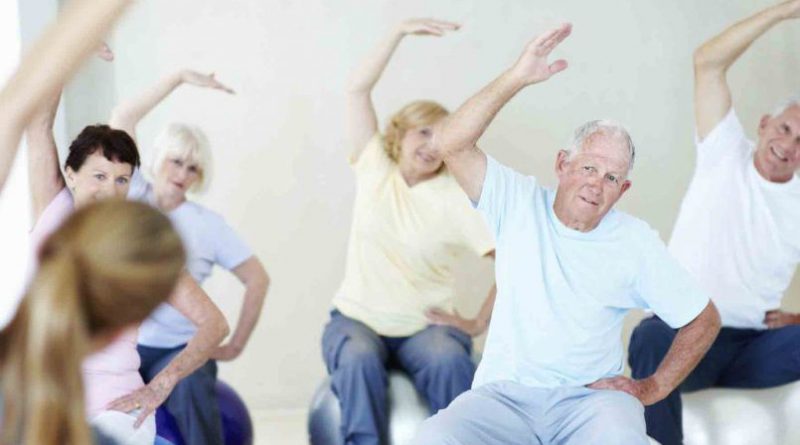Exercise improves anxiety and mood in elders suffering from Cancer
The people who benefited the most from the exercise program were older adults who received chemotherapy and started off with worse anxiety, mood, and social and emotional well.
Researchers from the University of Rochester Medical Center and other institutions have found that Exercise improves Anxiety and depression in the elderly suffering from cancer.
Although we know that exercise improves anxiety and mood problems in younger people with cancer, few studies have looked at the effects of exercise on older adults with cancer. Their study has been published in the Journal of the American Geriatrics Society (JAGS).
Cancer increases the chances of people experiencing anxiety and mood issues, which in turn, this may lead people to discontinue cancer treatments. Moreover, Although Chemotherapy may benefit older adults with cancer, it can often cause potentially dangerous side effects further affecting mood and well being.
That’s why it is desirable to seek alternative treatments that are safe and effective at improving anxiety, mood disturbances, and emotional and social well-being, including treatments that don’t rely on medications like exercise. Therefore several studies have been conducted to examine the relationship between exercise and mood in cancer survivors and most have shown positive results.
The researchers in the new JAGS study examined the Exercise for Cancer Patients (EXCAP) program, a home-based, low- to moderate-intensity aerobic and resistance exercise program. In the study, those who were assigned to the EXCAP program received an exercise kit. It contained a pedometer, three exercise bands (medium, heavy, extra heavy), and an instruction manual.
During the program, participants increased the length and intensity of their workouts over time. For example, participants received an individually tailored, progressive walking routine, and they wore a pedometer and recorded their daily steps over six weeks, starting on their first day of chemotherapy treatment. They were encouraged to gradually increase their steps by five to 20 percent every week. For resistance exercise, they performed exercises with therapeutic exercise bands. Participants were given individually-tailored workout plans that encouraged them to perform 10 required exercises (such as squats and chest presses) and four optional exercises daily. Participants were also encouraged to increase the intensity and number of repetitions of resistance band exercises gradually over the course of the program.
The researchers concluded that a low- to moderate-intensity home-based exercise program improved anxiety, mood, and social and emotional well-being for older patients with cancer who received chemotherapy treatments.
The researchers also noted that in the study, the people who benefited the most from the exercise program were older adults who received chemotherapy and started off with worse anxiety, mood, and social and emotional well.
Article first published on Speciality Medical Dialogues.



